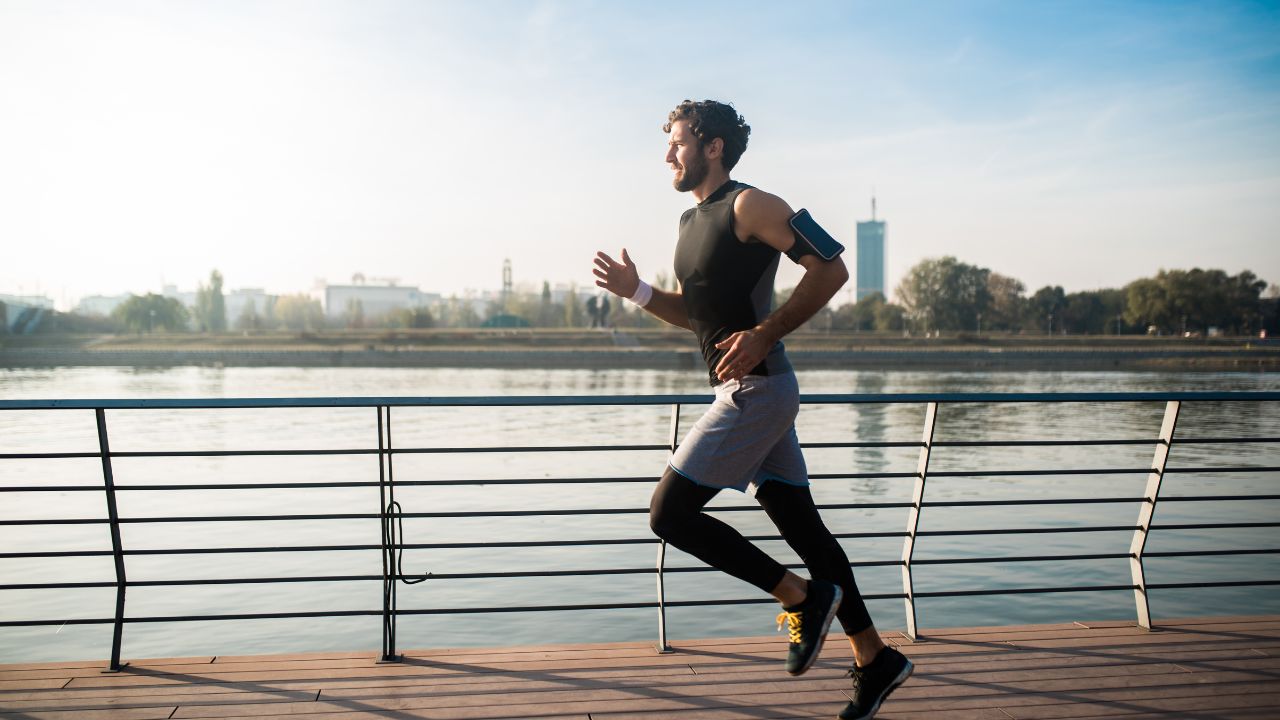
Cardiovascular training for beginner must be approachable but also efficient in order to develop resistance in a safe way.
Firstly understanding your current level. Secondarly to slightly challenge it. Measuring the performance you will see yourself improving your cardiovascular performance and start to feel its benefits. More energy (oxygen levels), improved sleep and overall sense of wellbeing. For beginner it's advice steady state cardio, meaning a steady but constant pace from beginning to end of of your workout.
Cardiovascular training outdoor it's ideal for more experienced ones. This does not mean it cannot be approached safely even from beginners. If your location as some great spots, it will also entertain you with landscape and nice scenery.
Differently from indoor ones, using machines, you'll need to rely on your own sensibility to asses your tempo while training.
As you won't have fixed speed to keep. This is not a downfall, but an opportunity to refine your senses listening to your breathing and adapting. Of course there are plenty of trackers usable for the task, but for beginners I would suggest to start without overthinking ad get to know this practice. If eventually loved and enjoyed, some trackers will offer different training programs to follow and have fun while challenging and improving yourself.
Cardiovascular training indoor, offers a whole different experience and a bit easier to setup, compare to outdoor.
However it has its own advantages. Firstly, it's not weather dependent, unless you like being under the rain. Secondarily, if you have a cardio machine at home, it will be fitting into your schedule incredibly simple. Particularly first thing in the morning before breakfast, offering the strongest health upgrade. Maximising daily experiences, due to oxygen boost from the beginning of the day. In this case as well, start to a tempo you can keep constantly. Once you notice the training getting easier, try to increase the difficulty.
Cardiovascular training does not burn body fat. It does utilise glucose levels. Once your storage of glucose it's depleted, your body will start to burn fat to produce energy. However it's largely dependent on your nutritional habits. If you are having a stable body weight (within healthy range) and you decide to add cardiovascular activity, without modifying your nutrition, you will most likely start to lose body fat. How fast it's depending on frequency, intensity and performance timing.

There is no good answer to fit everyone. It depends on your nutrition and overall recovery time. If you are not eating enough, cardiovascular training will end up depleting you. Causing extra tiredness and lack of recovery.
The best advice it's to start twice a week, moderate to low activity, without challenging yourself and see how you feel.
Week by week slowly increasing your intensity until you find a good balance. Ideally 20-30 minutes per session.
If your nutrition it's adequate and overall healthy, you will notice many different benefits.
Including:
• Improved oxygen levels
• Improved digestion
• Better sleep
• Better stamina
• Reduced stress levels
• Potentially fat loss
The main reason to do cardiovascular activity it's not to lose weight. It does not equal to tiering performance to leave you drained and beat up. It's a strategy to stay sharp but most of all invest on your health.


